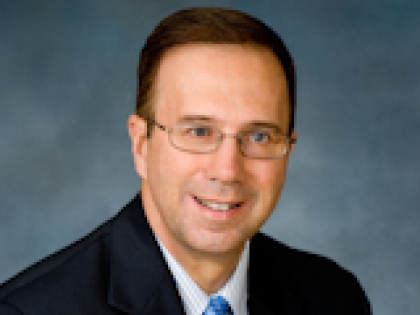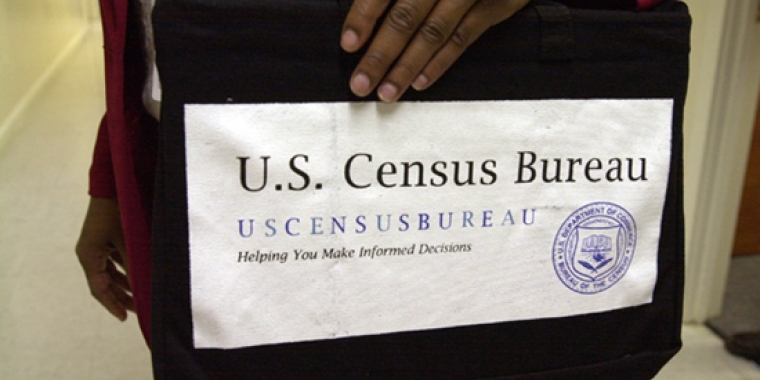
Mohawk Valley Leaders Push for Correct Census Count
Joseph A. Griffo
March 31, 2010
-
ISSUE:
- Government Operations
- Census

Utica - New York State Senator Joseph A. Griffo (R-IP-C, Rome) and Assemblywoman RoAnn M. Destito (D- Rome) along with local upstate community leaders today signaled strong opposition to a proposed change in the way New York State counts prison inmates for the purposes of drawing election boundaries.
“We have a situation here where the Upstate communities that face an impact in terms of costs from the presence of state prisons are being told by New York City advocates that anything to inflate New York City’s numbers is good, and anything that fails to do that is wrong,” Griffo said. “Inmates in state prison for 5, 10 or 20 years are not heading back to their home communities any time soon. They are, for better or worse, residents of the area in which their prison is located. That’s a fact. To claim them as residents of a community they may not have seen for several years is ludicrous and just plain wrong.”
Griffo said that the debate over how to count prisoners is politically motivated. “The real message here is that the people who want to change the system want to use it as a way to reduce the ability of Upstate New York to stand up and resist changes that are being pushed down our throats by Downstate politicians,” Griffo said. “Anyone living in this state in the past three years should be able to see that we need a stronger Upstate and not a weaker one.”
“This is an issue about consistency in state policy. It is important to note that prisons do have a significant fiscal impact on the local communities whose taxpayers fund infrastructure, water and other services to the correctional facility, and this must be taken under consideration,” Assemblywoman RoAnn M. Destito explained. “I am reviewing this legislation, and I have met with constituents and advocates who are expressing their views on this proposal.”
Leaders of local communities, such as City of Rome Mayor James F. Brown said that municipal communities like Oneida County and the city of Rome have costs they would not face if it were not for the prisons. “The prisons have created jobs for some people, but they are also a fiscal responsibility for the community,” Brown said. “The fact that many forms of aid are based on a community’s population mean that if the prisoners were no longer counted, there would be less aid for the city, and a higher tax burden. Making a change that costs communities money is not in anyone’s best interests, and we need to resist this effort.”
Marcy Town Supervisor Brian N. Scala said that the existing system is the only one that is fair. “When you are a prisoner in Marcy, you are counted in Marcy. When you are in Auburn, you are counted in Auburn. That makes sense. To say that someone will be listed as a resident of a place where they do not live is absurd. When you abandon the simple principle of counting people in the place where they are at the time you count them, you are just playing games with the numbers.”
Griffo noted that the Census Bureau has historically not supported the concept of counting prisoners in their alleged home communities. The report noted that the accuracy of prisoners’ own records, including their home addresses, is often inaccurate. Getting accurate data would require interviewing prisoners, the report said, which could cost $250 million.
“The Census should count people to achieve the maximum possible accuracy, not achieve the highest score on some scale of political correctness,” Griffo said. “New York should resist any attempt to change a system that provides accurate records with one that will not, and it should keep the system that helps Upstate communities bear the extra costs of prison facilities and not simply give Downstate more clout for the asking.”
Share this Article or Press Release
Newsroom
Go to Newsroom